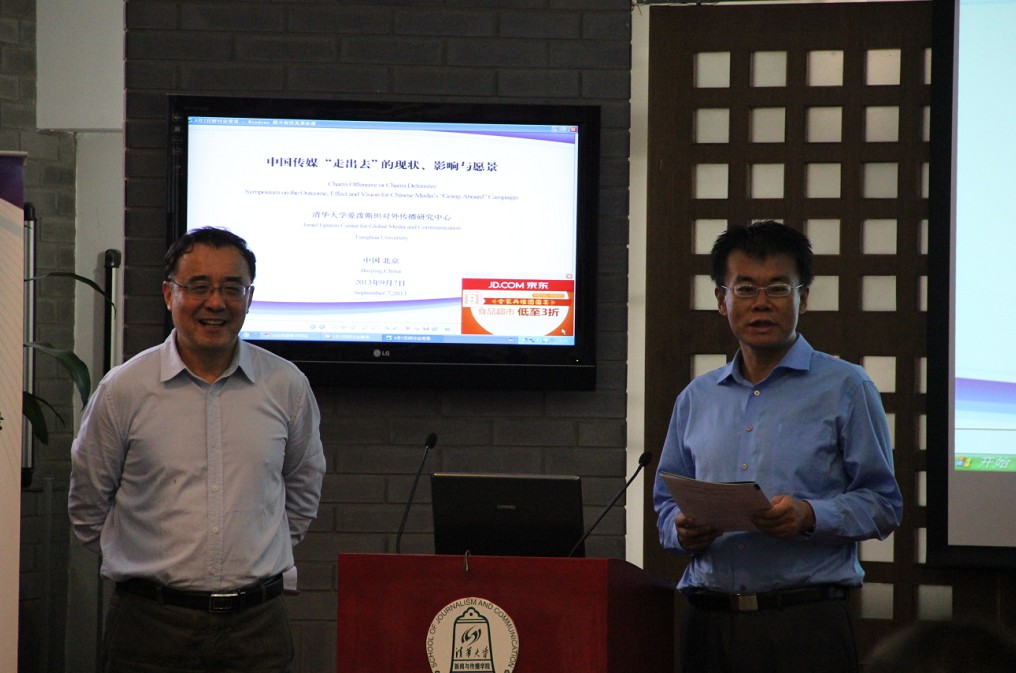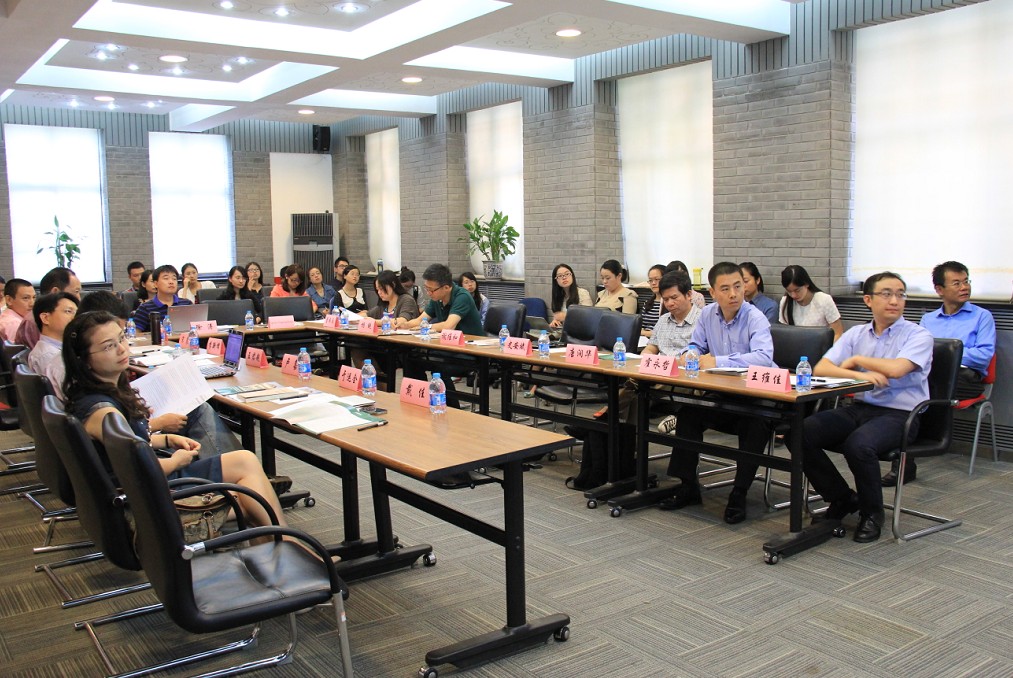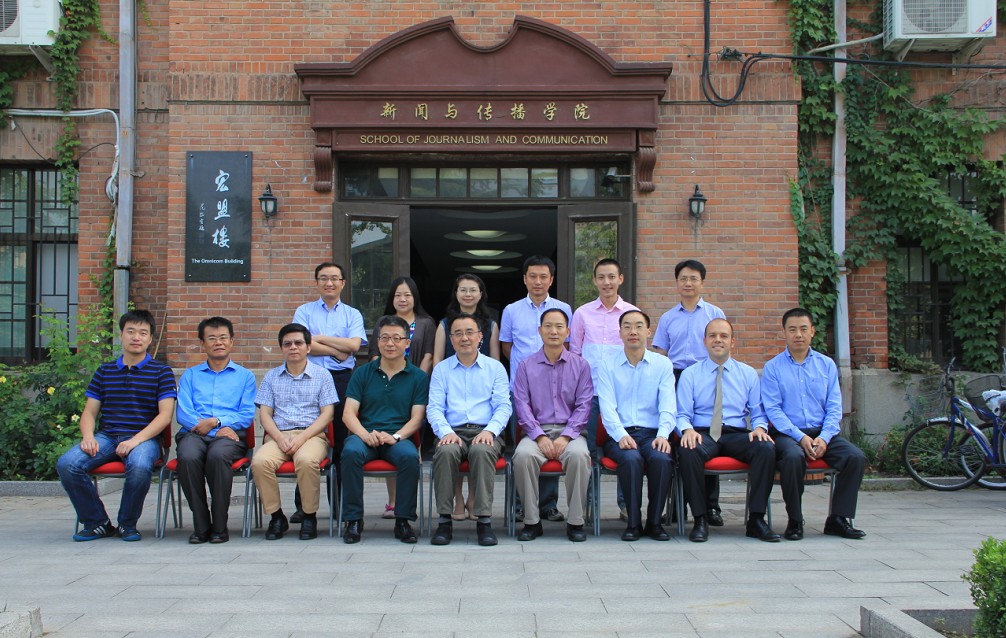Is Chinese news media’s ‘going abroad’ campaign “Charm Offensive” or “Charm Defensive”? A symposium on the Outcome, Effect and Vision for Chinese Media’s “Going Abroad” Campaign was held on September 7th in Beijing.
This symposium was organized by Isreal Epstein Center for Global Media and Communication, Tsinghua University (CGMC). Renowned scholars and experts of leading media organizations brainstormed each other on topics about Chinese media’s international communication.
Professor Xie Weihe, Vice President of Tsinghua University and Director of IECGMC delivered a welcome speech. He said, media’s “going abroad” is not only viewed by Tsinghua University as a project of School of Journalism and Communication, but also a very important part of the whole university’s humanities and social science’s “going abroad” campaign.
Professor Shi Anbin, Deputy Dean of the Tsinghua School of Journalism and Communication and Executive Director of CGMC, made a keynote speech. He said, in order to transform from “Charm Offensive” to “Charm Defensive”, we should rebranding Chinese news media in three aspects: Targeting at the Rest, enriching the global vision by knowing the non-Western World; Targeting at the “global 99%”, building netizen-based journalism and promoting “citizen heroes”; Targeting at the in-depth, providing niche and big-data-based coverage of China’s business and society.
Experts from Xinhua News Agency, CCTV , People’s Daily and Chinadaily delivered vivid speeches according to their media’s practice, which triggered in-depth exchanges and heated discussions on topics such as media diplomacy, international communication capacity, and the challenges and opportunities of global communication.
Focusing on Chinese media’s communication in Africa, domestic and international scholars and experts shared their practical experience and research findings. Iginio Gagliardone, a British Academy Post-Doctoral Research Fellow, investigated whether and how the ideas of state stability, development and community that characterize the strategies pursued by the Chinese government are influencing and legitimizing the development of a less open model of the Internet through a case study comparison of Kenya and Ethiopia.
In addition, Wang Junchao, a senior fellow of IECGMC and the former chief editor of the Overseas Edition of People’s Daily, made a speech about the influence of social media especially Weibo on international communication. Cao Shule, another researcher of IECGMC and Chief Editor of Global Media Review, analyzed the difficulties of Chinese films’ “going abroad”.




